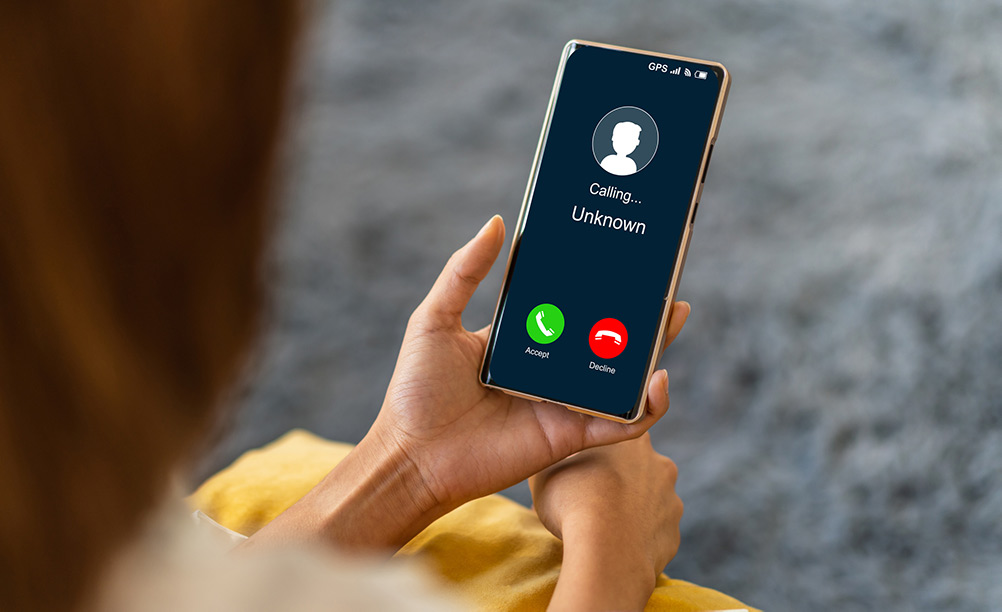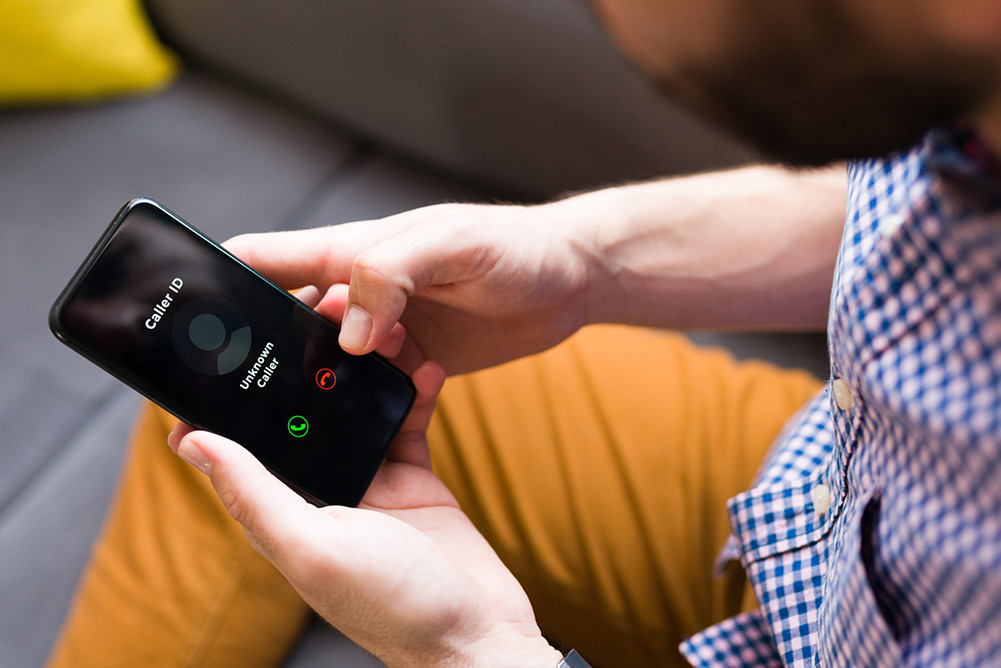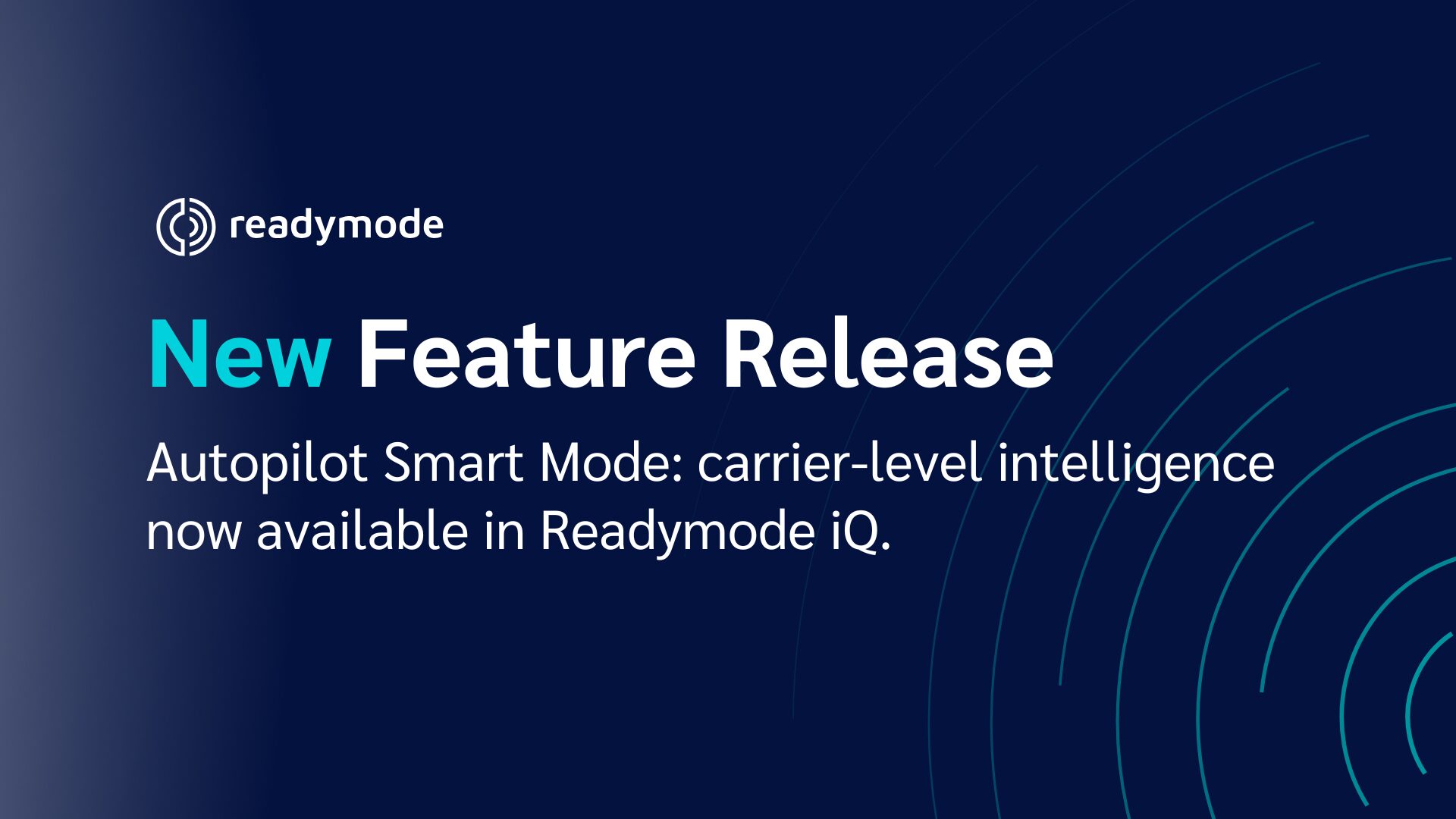Important Update: On April 7, 2025, the FCC issued a one-year stay on part of the new consent revocation rules. Visit here to learn what’s changed and what remains the same for your business.
As of April 11, 2025, the FCC’s new consent revocation and internal do-not-call (DNC) rules under the TCPA go into effect. Below we cover what these new rules are and what steps you can take to ensure compliance. (Spoiler alert: if your current practices comply with the TCPA, you can likely keep doing what you’ve been doing.)
Background
There are various rules outbound callers need to follow under the Telephone Consumer Protection Act (TCPA) and the Federal Communications Commission’s (FCC) implementing regulations.
For instance, it is prohibited to make non-emergency calls to cellular telephone lines using an autodialer or artificial/prerecorded voice without the called party’s prior express consent (PEC). If those calls are sales calls, they are only permissible with the called party’s prior express written consent (PEWC).
Similarly, making non-emergency calls to residential telephone lines using an artificial or prerecorded voice without the called party’s PEC is prohibited under the TCPA. Those calls require the called party’s PEWC if they are sales calls.
New Consent Revocation Rules
Under the FCC’s new consent revocation rules, called parties are able to revoke their PEC or PEWC to receive autodialed calls and texts, and/or artificial or prerecorded calls, through any reasonable method. When a called party uses a reasonable consent revocation method, their consent is considered definitively revoked. The caller may no longer make autodialed or prerecorded calls or texts to that party.
The new rule contains a number of examples of what constitutes a reasonable method of revoking consent, including this catchall: “if a reasonable person would understand th[e] [person’s] words to have conveyed a request to revoke consent.”
This portion of the rule, besides providing specific examples of what constitutes a reasonable consent revocation method, isn’t really breaking new ground. The FCC and various courts have been holding that consent can be revoked through any reasonable means for years now.
Under the new rules, when a person reasonably revokes his or her consent through a method different than the examples listed in the new rules, such as through a voicemail or email, that method serves to revoke consent for both autodialed and prerecorded calls and texts. But if the relevant business elects not to treat that communication as a consent revocation, the new rules place the burden on that business to explain why that communication was not a reasonable revocation of consent.
A person’s revocation of their PEC or PEWC must be honored within a reasonable time, not to exceed 10 business days.
One-Time Confirmatory Opt-Out Text
Given these new rules, it is important to remember that the FCC’s rules allow an entity to, within five minutes after receiving a person’s consent revocation request (unless the entity can show a delay was reasonable), send that person one text confirming the scope of the person’s revocation.
For example, a bank may make prerecorded promotional calls (sales calls requiring PEWC), send autodialed promotional texts (sales texts requiring PEWC), and send autodialed fraud-alert texts (informational texts requiring only PEC) to a person.
In response to an autodialed fraud-alert text, the person may simply reply “stop.” The bank can then send one follow-up text message to confirm whether the person’s consent revocation only applies to the autodialed fraud-alert texts, or if the person also intends to revoke their consent to receive the prerecorded promotional calls and autodialed promotional texts.
If the person does not respond, the bank has to treat the person’s consent revocation request as applying to the prerecorded promotional calls, autodialed promotional texts, and the autodialed fraud-alert texts.
New Internal DNC Rules
The FCC’s TCPA regulations also require callers to maintain internal DNC lists. Under that rule, when a person makes a request to a specific entity not to be called, that entity must honor the request and add that person to its internal DNC list.
The current rule requires an entity to honor such requests within a reasonable time, not to exceed 30 days. The new rule shortens that time to 10 business days. (But litigants have already been claiming that processing DNC requests anywhere close to 30 days isn’t reasonable, so you should keep trying to process your internal DNC requests as quickly as you can.)
Our quick guide to internal DNC lists can help you learn the requirements and how to implement best practices for your business.
Steps to Take
By April 11, 2025, your business should be compliant with these new rules. The good news is, most businesses’ current practices are already compliant, as the new rules are basically just conforming to standards many courts have already adopted: (1) people can opt out of TCPA regulated calls and texts through any reasonable means; (2) no matter the channel a person is using to communicate his or her opt out (call, text, email, voicemail, etc); (3) and the entity should act as if the person is opting out of all TCPA regulated channels, absent clarification from the consumer (calls, texts, and faxes).
The FCC’s adoption of the “reasonable” standard for consent revocation just means that businesses should err on the side of caution when attempting to determine the scope of a person’s consent revocation.
If you elect to send a one-time confirmation text in response to a person’s consent revocation, make sure it is sent within five minutes of your receipt of the person’s revocation. If the person does not respond, you should apply the widest possible scope to their request.
The most important part of the new rule is that you must now honor consent revocation requests and internal DNC requests within a reasonable time, not to exceed 10 business days. Thus, you should work quickly to honor consent revocation and internal DNC requests—at most within 10 business days of receiving such requests—across all your TCPA regulated communications channels.
You should not assume you only need to honor such requests by the 10th business day, as some courts have held that even if a request is honored within 30 days (the time a request must be honored within, under the current rule), that does not mean the request was honored within a reasonable time.
Use Tools to Track Requests
With these new rules coming up, you can make compliance easier for you and your team using outbound calling software that has built-in DNC list management. With Readymode, you can import, export, filter and edit your DNC list—all in the same platform you use for calling.
Visit here to learn more about Readymode’s compliance features and how they can support your business.
This article is only offered for informational purposes; it is not legal advice. Please consult a qualified attorney for your specific compliance needs.
Joe Bowser
Joe Bowser is a partner at Roth Jackson. He has been practicing communications and marketing law for two decades. He advises and defends calling and SMS platform providers (like Readymode), carriers/VoIP providers, and heavy users of those services in their wide range of compliance needs. In his spare time, you can find him taking his boys to their sports, getting in a workout of his own, or catching an Arsenal match.








